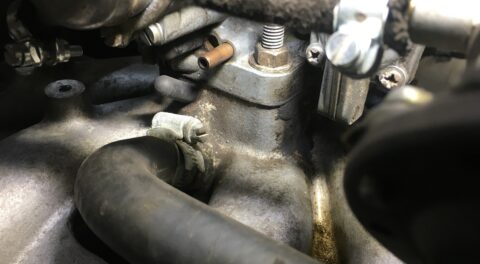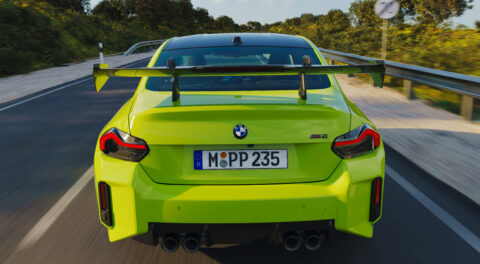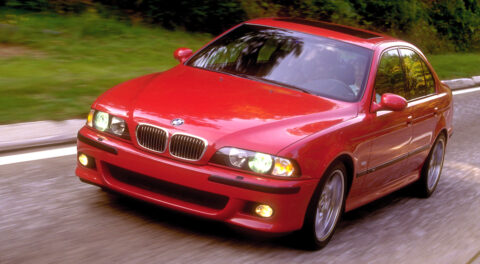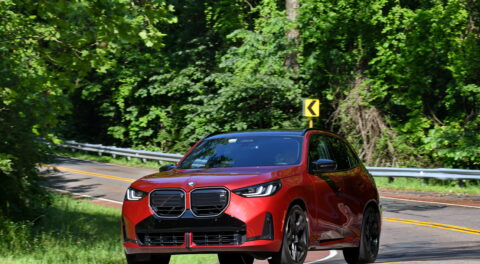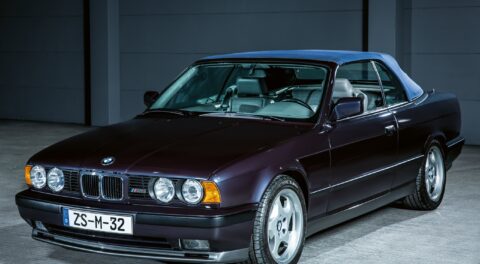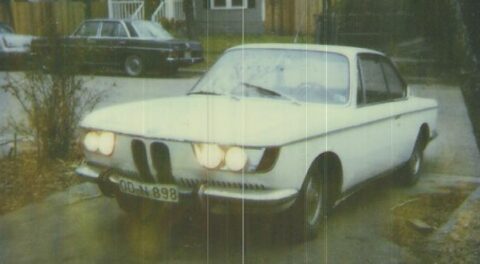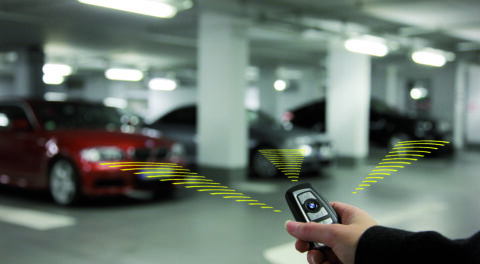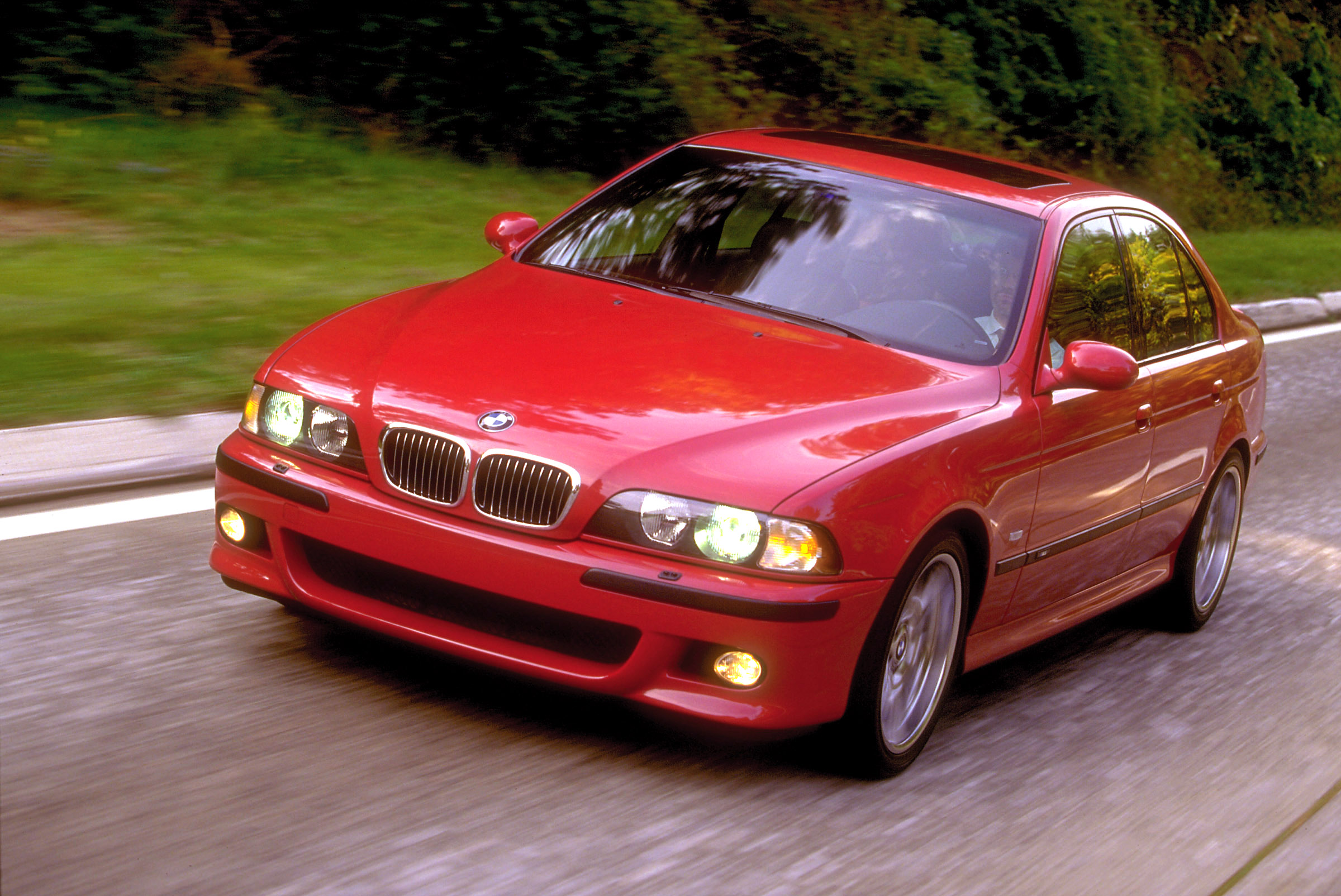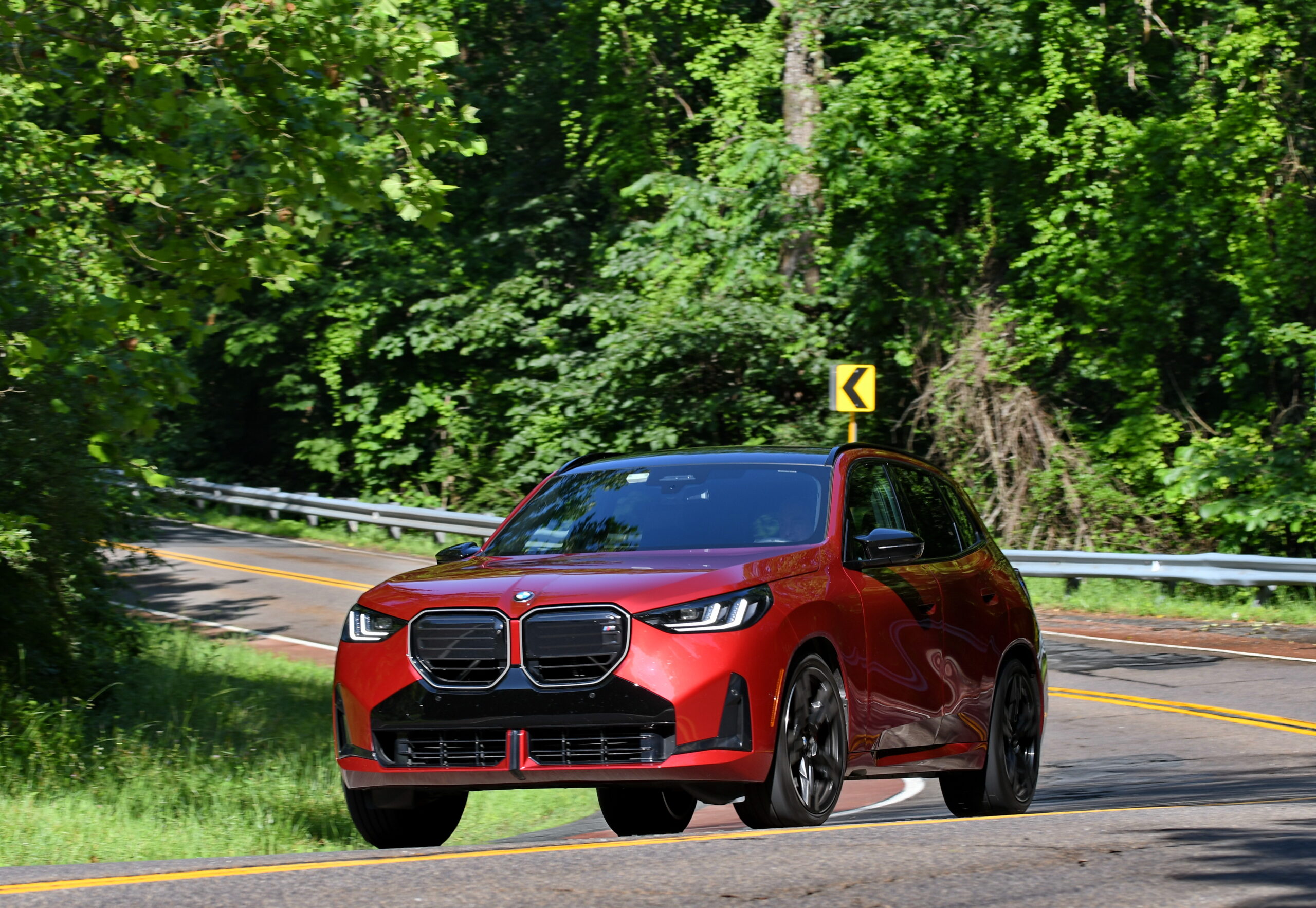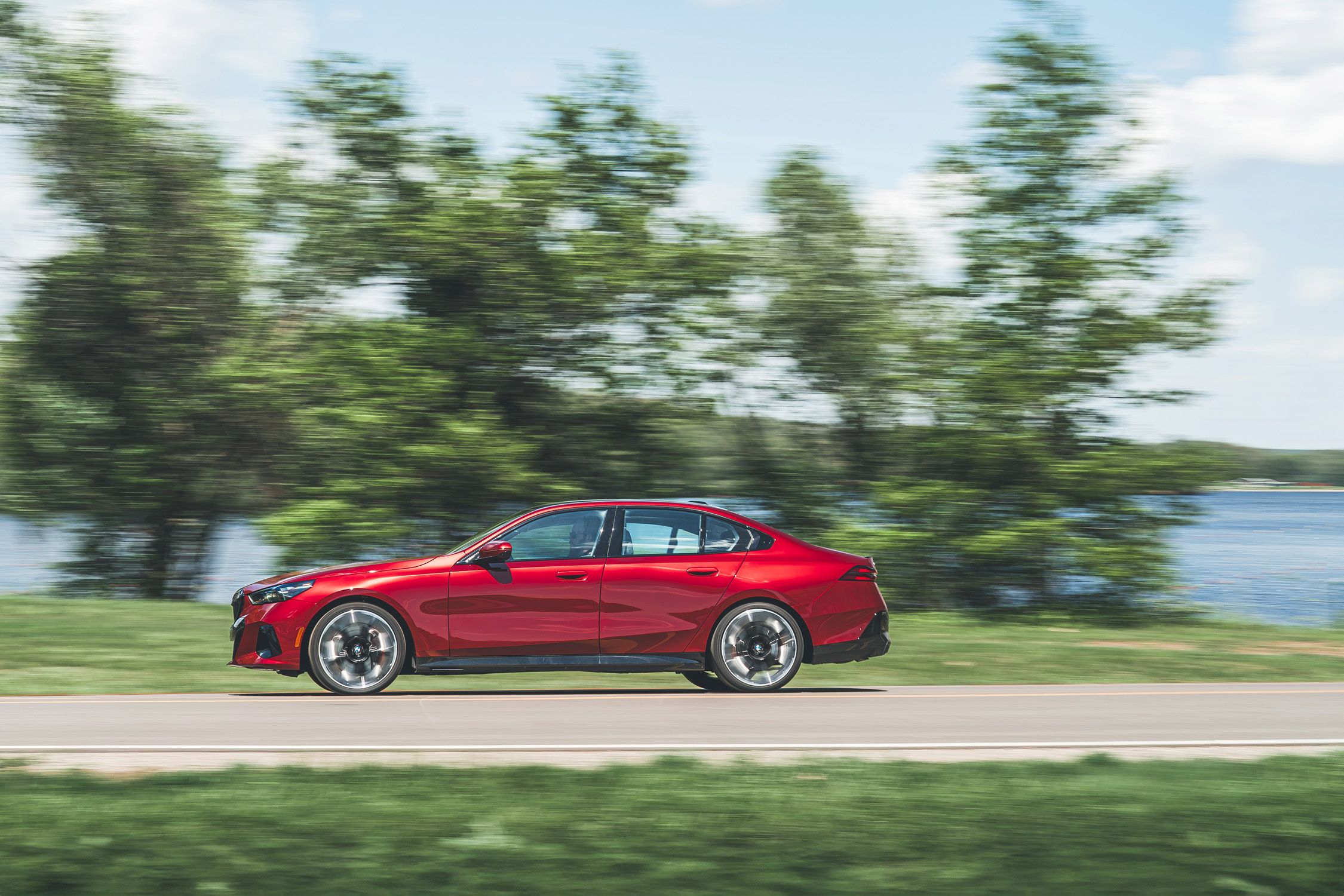I am probably going to get some flak for this. When it comes to brake squeal on our BMWs, it’s your fault. Yes, you are the problem.
Let me explain. Brake squeal is a vibration caused by the brake pads making contact with the brake rotor in a very specific harmonic manner that generates a certain frequency, which causes that ever-so-irritating noise. There are a lot of forces at work here in order to generate that brake squeal.
Now, when I say it’s the driver’s fault, I mean that it’s usually due to driving style—more specifically your relationship with the brake pedal. (I will touch on brake-pad material shortly, but first let’s focus on the brake pedal). Most BMW drivers are too light on their brake pedal during their daily routines; when approaching an intersection where the light is red, a common practice is to lift off the throttle and coast to a stop with minimal brake pressure applied—and this is where we develop a problem. If you can imagine your hand as a brake caliper, think about when your hand is wrapped around a ball or balloon, and you squeeze it; this is a basic visual of how a brake caliper pushes the brake pads against the rotor. When you relax your grip, you allow the brake pads to push back a bit and come off the rotor.
Brake squeal occurs when the pad is still touching (or sticking to) the rotor, which can produce a noise. Sometimes this is due to the caliper design, but it can also be due to the material in the brake pad. Sometimes it occurs during application of the brake pedal, sometimes it’s after the release. But the key part here is that inconsistent brake-pedal application or consistent low pressure (such as dragging the brake pedal in slow-moving situations—parking garages, traffic, city driving) creates the right conditions to produce brake squeal.
Brake-pad material does have an influence on how the brake pads will perform, but different materials have different side effects. The better the brake-pad material—that is, the greater its stopping ability—the more noise it will produce. Enthusiasts often choose track pads or racing pads, because they want stopping power—but there is no avoiding the squeal that comes with aggressive pads.
Nevertheless, the biggest influence on brake-pad noise comes from the pedal application. In the motorsport world, we do not lubricate brake pads; in the street world, we do lubricate them—but this comes with a lot of misunderstanding. The over-lubricating practice comes from the theory that the brake pads need a lubricant between the mating surfaces of the pad and the caliper—NOT between the pad and the rotor. With brake temperatures reaching hundreds of degrees during use, that lubricant will eventually dissipate, so putting more than a few drops of anti-seize on a brake pad will draw more debris and dust, potentially causing noise down the road. A small dab of anti-seize on the contact parts of the caliper and pad is sufficient.
So how do we prevent excessive brake noise? First, we need to really use the brake pedal. Use your best judgment here, but I recommend using more brake-pedal pressure, because that will force more brake-pad contact against the rotor, causing less frequency variation; the lighter the pedal, the greater range of vibration—and the greater chance of noise. Minimize it with more pedal.
Second, be mindful of slow-driving brake use. Dragging the brake pedal in light applications can influence squeaking—especially with M Sport brakes.
Third, practice, practice, practice. Take the car to an area of no population and use a stretch of road to do some hard braking in order to bed the pads properly. Use your best judgment here, but take the vehicle up to 40 or 50 mph and stand on that pedal like an emergency stop. It will be quite the experience, but it allows the brakes to do their thing a few times. I usually do this after servicing a customer’s brakes, or if they had a complaint about noise but their brakes were in good operating condition.
What about brake dust? You cannot have it all. Brakes are one of those areas where we can have only two of three possibilities: performance, noise, and dust. If you want low dust and low noise, the brake pad’s performance will be low. If you want performance, then you will have more noise and more dust. There is no real winning combination out there.
We must remember that a BMW comes from a place in which they are normally driven at a higher rate of speed, and their level of performance is rarely reached in America. BMW brakes are designed to slow the car from a higher speed more efficiently, but that comes with more dust—and sometimes more noise.
Brake noise is something that has improved over the years, but the aftermarket has always used it as an upselling fear tool to get consumers to think that brake noise means something is wrong. I can assure you that most of the time it just means that the brakes are working—but if you are getting consistent noise and your gut says it should be checked out, I agree that you should at least have it inspected to make sure. At the end of the day, you have to live with the car, so if there is something of concern, it is best to have it checked to make sure everything is okay.


